Patrick Chukwuma Kaduna Nzeogwu – 26 February 1937 – 29 July 1967
Major General Patrick Chukwuma “Kaduna” Nzeogwu was a Nigerian military officer. He was born on 26 February 1937. He played a major role in the first military coup which is overthrew the first Nigerian Republic.
Early Life
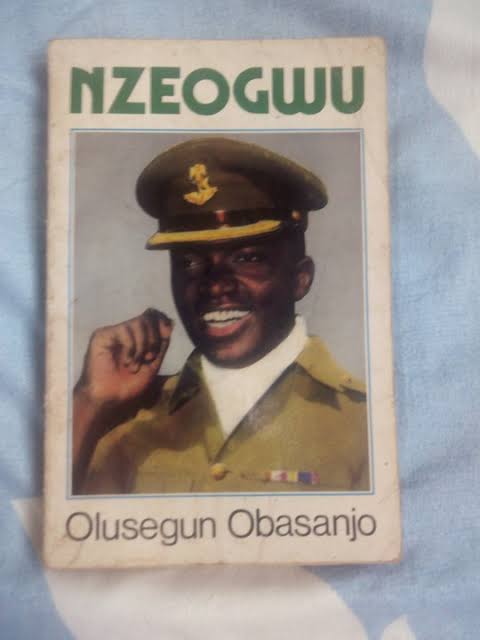
Patrick Chukwuma Nzeogwu was born in Kaduna, the capital of the North under British colonial rule. He is largely misrepresented as an Igbo man but his parents were from the Anioma clan in Okpanam Town, in present-day Delta State. He attended Saint Joseph’s Catholic Primary School in Kaduna for his elementary education. For his secondary education, he attended Saint John’s College in Kaduna. There, he became close friends with Christian Anufuro, another coup plotter.
Nzeogwu enlisted as an officer-cadet in the West African Frontier Force in 1957. He started a 6-month training in Ghana then proceeded to the Gold Coast. He completed his training in Ghana by October 1957 and proceeded to the Royal Military Academy, Sandhurst. In 1959, he was commissioned as an infantry officer. He later underwent a platoon officer’s course in Hythe and a platoon commander’s course in Warminster. Nzeogwu has been described by Max Siollin, a military historian, as a “devout catholic, a non-smoker, and despite being a bachelor, did not spend much time chasing women”.
Military Career
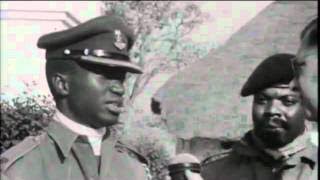
Upon returning to Nigeria in May 1960, Nzeogwu was posted to the 1st Battalion in Enugu where Major Aguiyi Ironsi was the second-in-command under a British officer. Later, he was posted to the 5th Battalion in Kaduna. He made the acquaintance of Olusegun Obasanjo there and they became friends. He earned the nickname “Kaduna” as a result of his affinity with the town. Nzeogwu was later assigned as a training officer at the Army Training Depot in Zaria for about 6 months.
Read also: Nigeria History Series- Shehu Shagari
Later, he was posted to Lagos to head up the military intelligence section at the Army Headquarters where he was the first Nigerian officer. The forerunner of the Nigerian Army Intelligence Corps (NAIC) was the Field Security Section (FSS) of the Royal Nigerian Army, which was established on 1 November 1962 with Captain PG Harrington (BR) as General Staff Officer Grade Two (GSO2 Int). The FSS was essentially a security organization whose functions included vetting of Nigerian Army (NA) personnel and counter intelligence. Nzeogwu was the first Nigerian Officer to hold that appointment.
In Obasonjo’s words, “Chukwuma had some scathing remarks to make about [Nigeria’s] national security, and about those who were being investigated. If he had his way, he said, his treatment of the whole case would have been different”.Nzeogwu reportedly antagonised some army colleagues in his capacity as a military intelligence officer and even clashed with the Minister of State for the Army, Ibrahim Tako. Consequently, he became Chief Instructor in Nigerian Military Training College.
1966 Coup
The initial planning of the coup involved young educated officers who wanted a military takeover by forcefully seizing power in the two regional capitals. Thereafter, the then-FCT, Lagos, would follow. Nzeogwu was responsible for leading the takeover in the Northern region starting with Operation Damisa(leopard). Later, Operation Kura(Hyena), Operation Zaki(Lion) and Operation Giwa( Elephant) would have brought to an end the northern establishment.
Execution
Nzeogu started preparing by training soldiers in new fighting techniques. The exercise was approved by authorities of the 1st Brigade Headquarters. They were apparently unaware of the real intentions of Nzeogwu. As such, Alphonso Keshi had deployed troops to see to the success of the exercise. When Keshi realized the conspiracy, it was too late.
In the early hours of 15 January 1966, Nzeogwu led a group of soldiers to attack the residence of Sir Ahmadu Bello (premier of the North). The bloody coup saw to the murder of premiers of the Northern and Western region, including Abubakar Tafawa Balewa and Festus Okotie Eboh. Top army officers were also murdered.
The coup however failed in Lagos and Major Nzeogwu made an mid-afternoon announcement, declaring martial law in Northern Nigeria. After agreeing to negotiate in peace talks with Gen. Ironsi, Nzeogwo set conditions and a possible surrender. Upon assuming power, Ironsi had him arrested and he was held in Kirikiri Maximun Security Prison in Lagos. He was later released by The President of Biafra, Ojukwu.
Civil War
Biafra declared its independence from Nigeria in 1967 and this spurred the killing of Igbos in Northern Nigeria. Nzeogwu, who had been promoted to the rank of a Biafran Lieutenant Colonel-, was trapped in an ambush near Nsukka.
He was killed in action. However, his sister insisted he killed himself to avoid being humiliated by the federal troops. After the defeat of Biafra, orders were given by General Yakubu Gowon for him to be buried at the military cemetery in Kaduna with full military honours.




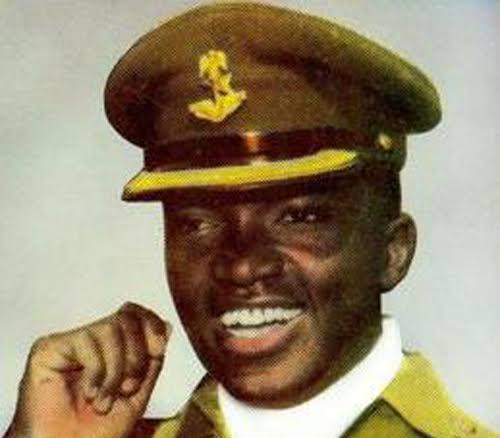
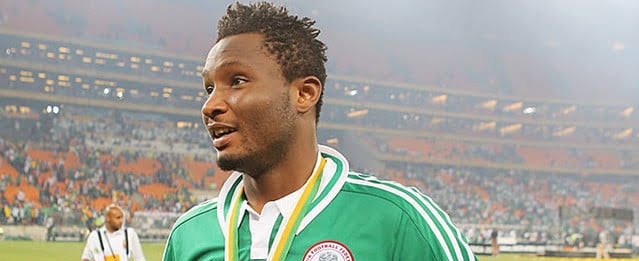
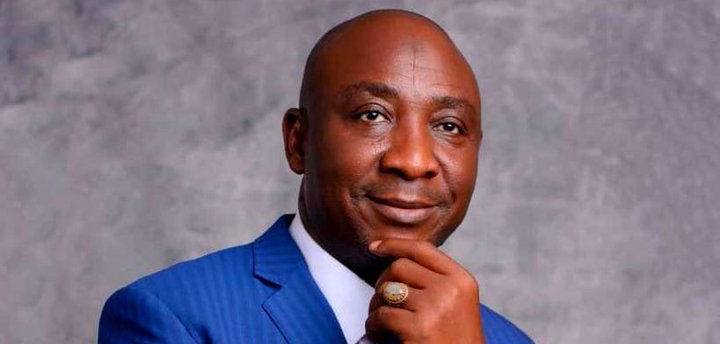
![How my best friend and I got pregnant for my husband – Actress Omo Local [VIDEO] Omo Local](https://newsroundtheclock.com/wp-content/uploads/2026/03/Omo-Local-324x160.jpg)